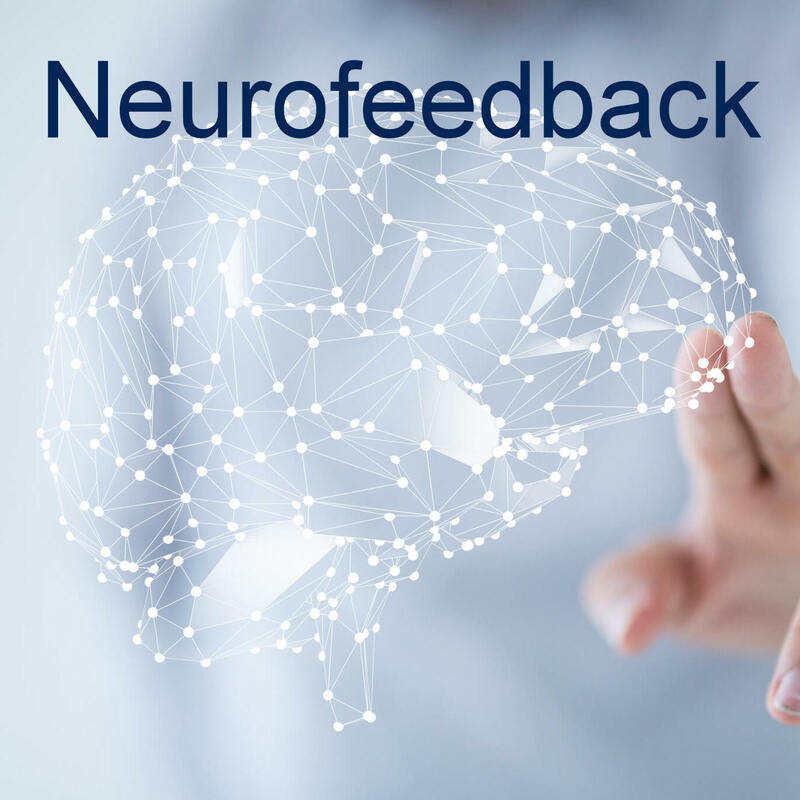|
by Andrea Panebianco, M.S. Motivational Interviewing is an evidence-based, therapeutic treatment used to help individuals feel more comfortable when they are both striving for, and committing to, change. I personally find Motivational Interviewing to be not only a useful therapeutic technique, but also one which works effectively to create a strong therapeutic bond. The reason I feel this way is because Motivational Interviewing is meant to encourage clients through empathy and understanding, two therapeutic necessities which create a comfortable, safe environment for those engaging with the practice. When using Motivational Interviewing, clinicians use reflective listening to understand a client’s current problem. Through this, clinicians help clients discover their own interests and desires related to change. It gives clients the opportunity to reflect on their current needs and to discover, within themselves, what they want from their time in therapy. This is one of my favorite aspects about Motivational Interviewing. Specifically, it creates a self-supportive structure in which the client is in control, expanding upon their own self-efficacy and self-esteem throughout their therapeutic journey.
This therapeutic practice utilizes four core principles: Empathy, Roll with Resistance, Develop Discrepancy, and Support Self-Efficacy. These principles ensure that clinicians are not only listening to and actively working to show understanding for their clients, but that they are doing so without judgement. Through motivational interviewing, clinicians can create a therapeutic environment which helps clients to explore their ambivalence and hesitancies safely and with care. Along with this, the clients, with the help of supportive clinicians, create the plans with which they will approach change. As a school psychologist and doctoral intern, I love many of the psychological approaches that I am learning. I find motivational interviewing to stand out because of the value that true and effective change can occur only when the client feels comfortable, ready, and in control.
0 Comments
Leave a Reply. |
Archives
October 2023
Categories
All
|


















